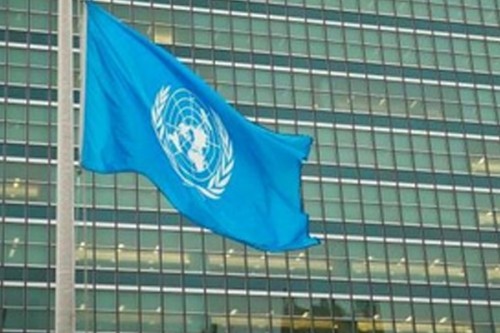UN continues to deliver humanitarian aid to Lebanon

United Nations, Nov 6 (IANS) UN agencies and partners continue to deliver humanitarian aid to the crisis-impacted people in Lebanon amid escalating hostilities, Stephane Dujarric, spokesperson for the UN chief, said at a daily briefing.
On Monday, UN Relief and Works Agency for Palestine Refugees in the Near East (UNRWA) delivered medical supplies and fuel for generators to the Burj Shimali Palestinian refugee camp in Tyre in Lebanon. A humanitarian convoy also delivered medical supplies, medicine and hygiene kits to a health care centre in Labweh, located in the Baalbeck-El Hermel area.
Meanwhile, the World Food Programme (WFP) has already reached over 2 million vulnerable people in the country through its emergency assistance as well as regularly initiatives. The WFP is also providing food assistance to Lebanese and Syrian people fleeing across the border into Syria.
The UN Children's Fund (UNICEF) is partnering with local authorities to facilitate the gradual return to learning for some 387,000 Lebanese children, including those staying in shelters and communities affected by the war, Xinhua news agency reported.
The initiative is part of an emergency response plan to support the opening and operation of 326 public schools not used as shelters to ensure school-age children in Lebanon have access to education.
The Office for the Coordination of Humanitarian Affairs warned that the humanitarian situation in the country has reached levels that exceeded the severity of the 2006 war. The health care sector continues to face relentless attacks, with facilities, staff and resources increasingly caught in the crossfire, and further straining Lebanon's already fragile health infrastructure.
"Our humanitarian colleagues fear that, amid escalating hostilities and the deterioration of the humanitarian situation, the demand for food, medicine, shelter and other essential supplies is growing higher," the UN spokesperson said, calling for urgent funding needed to sustain the response.
However, the humanitarian appeal launched in the beginning of October for $426 million is currently just under 19 per cent funded. That means only $80 million has been received so far, he added, urging countries not only to pledge but turn pledges to cash as early as possible.

|

|

